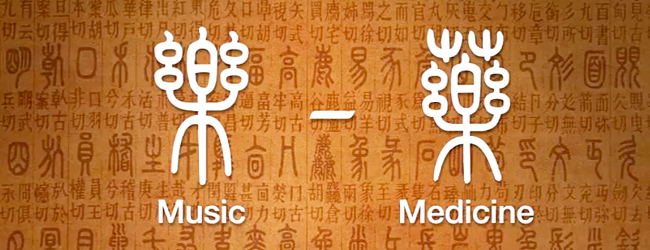In the largest ever research of its kind, the scientists have found that music therapy can be a possible cure for depression in children and adolescents having behavioural and emotional troubles.
The study, conducted by the researchers at Queen’s University Belfast along with the Northern Ireland Music Therapy Trust, found that children or teens who received the music therapy treatment showed remarkable improvements in their self-esteem and also reduced their depression symptoms significantly as compared to those who were deprived of the music therapy treatment.
During the study, the researchers also found that those depressed kids who received music therapy had also improved their communicative and interactive skills as compared to those who received usual care options alone.
The research work was conducted between the period March 2011 and May 2014 and involved 251 children and young people who were divided into two groups. The first group included 128 people who were given the usual care options and the second one that involved 123 participants who were also getting an additional music therapy treatment along with the usual care.
All the participants were getting treatment for the emotional, developmental and behavioural problems. The early findings suggested towards the benefits of music therapy that are sustained in the long term.
Dr Valerie Holmes, Centre for Public Health, School of Medicine, Dentistry and Biomedical Sciences and co-researcher, “This is the largest study ever to be carried out looking at music therapy’s ability to help this very vulnerable group, and is further evidence of how Queen’s University is advancing knowledge and changing lives.”
Ciara Reilly, Chief Executive of the Northern Ireland Music Therapy Trust, said, “Music therapy has often been used with children and young people with particular mental health needs, but this is the first time its effectiveness has been shown by a definitive randomized controlled trial in a clinical setting.”
Concluding the study, Reilly said that the findings are dramatic and underline the requirement for music therapy as a mainstream treatment option for the patients suffering from the stress and depression problems.
Written by James Kent at Wall Street OTC



